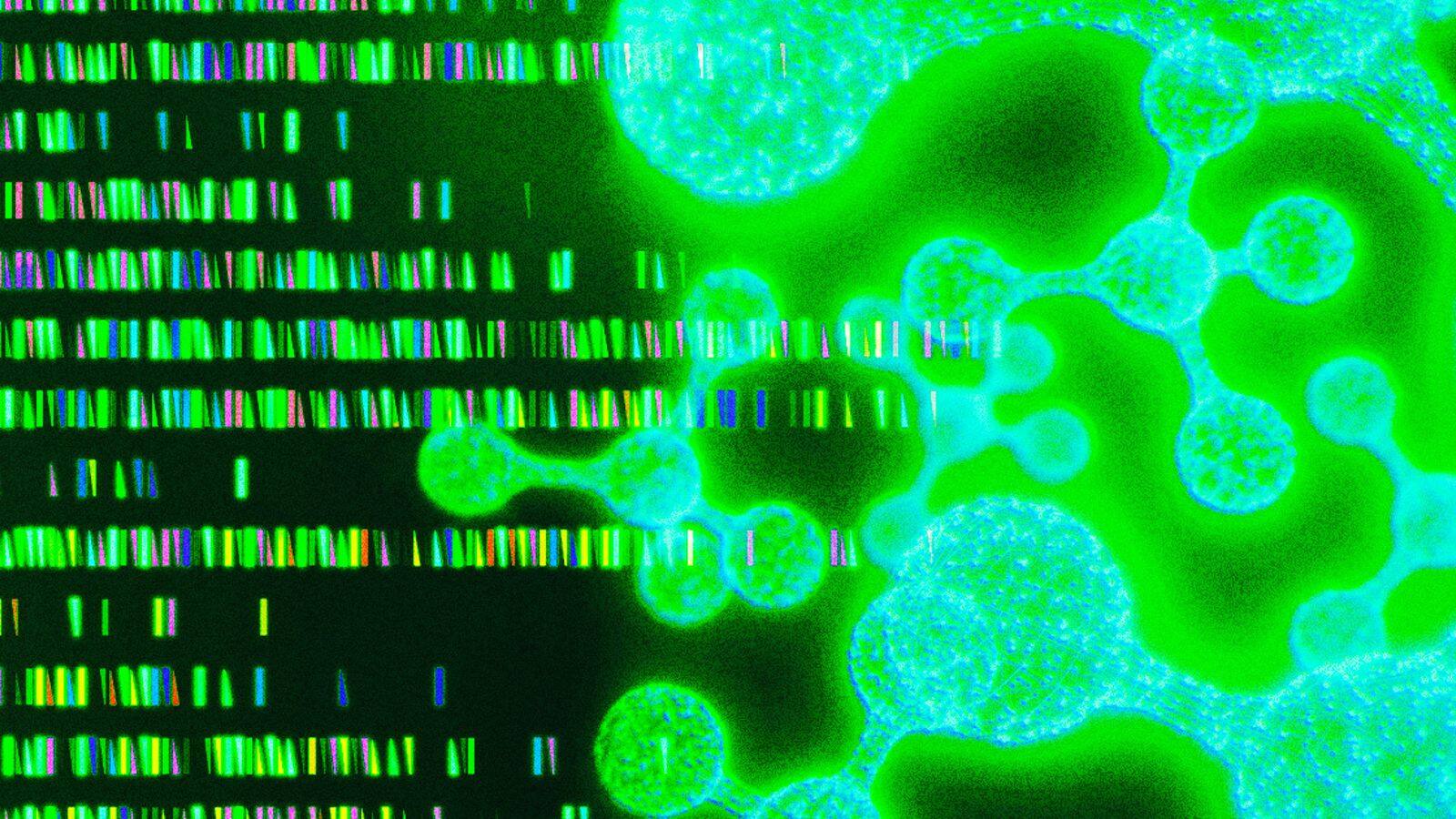
Laron syndrome's genetic mutation can protect people from aging
What's the story
Medical professionals are intrigued by a unique genetic anomaly known as Laron syndrome, which is primarily seen in certain individuals with dwarfism. This genetic mutation results in a lack of growth hormone receptors, leading to their shorter stature. Interestingly, recent research published in the journal Med reveals that this same mutation may also provide significant health advantages.
Health benefits
It is linked to lower disease risk
The study indicates that individuals with Laron syndrome, are less likely to experience heart-related complications due to lower blood pressure and minimal arterial plaque accumulation. The lead researcher of the study, shared with CNN that these individuals have an "exceptionally low occurrence of cancer, cognitive decline, and diabetes." While not entirely immune, they seem to enjoy substantial protection due to this mutation.
Genetic impact
The role of IGF-1 in mutation
The genetic anomaly linked with Laron syndrome disrupts the body's ability to use an "insulin-like growth factor" known as IGF-1. Those carrying this mutation typically have lower levels of this protein in their bloodstream, which could be a significant health advantage. Research has shown that IGFs play a crucial role in regulating aging, further highlighting the potential benefits of this mutation.
Research findings
Study reveals improved cardiovascular health
In their study, the researchers analyzed cardiovascular risk factors among two distinct groups in California and Ecuador. They found that those with Laron syndrome exhibited improved insulin sensitivity, decreased blood pressure, and no cardiac rhythm irregularities. Despite often being overweight and living in impoverished conditions, people with Laron syndrome do not have an increased incidence of cardiovascular disease. In fact, some markers of cardiovascular disease were even improved.
Individual story
Personal experience of living with Laron syndrome
Nathaly Paola Castro Torres, a Los Angeles resident with Laron syndrome, shared her personal experience. Despite being classified as overweight due to her height of four feet and two inches, her doctor confirmed her excellent health status. "I consider myself fortunate because my body shields me from many diseases that others encounter daily," she said. "While my height can be seen as a limitation, it is also a blessing."
Future research
Potential anti-aging medication inspired by genetic anomaly
Studying individuals like Torres could aid in developing medication aimed at reducing IGF-1 levels in the general population, potentially offering anti-aging benefits. "The goal would be for people who have high circulating IGF-1 levels to receive medication that lowers the IGF-1 back into the range associated with the lowest mortality rate—similar to how people take medication for high cholesterol," the researchers explained.